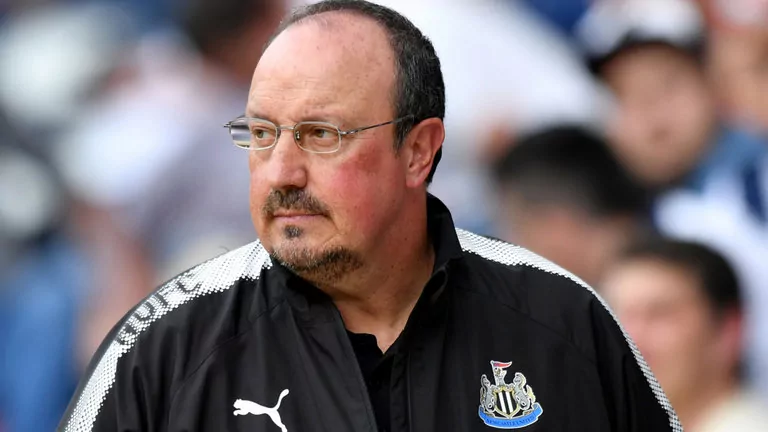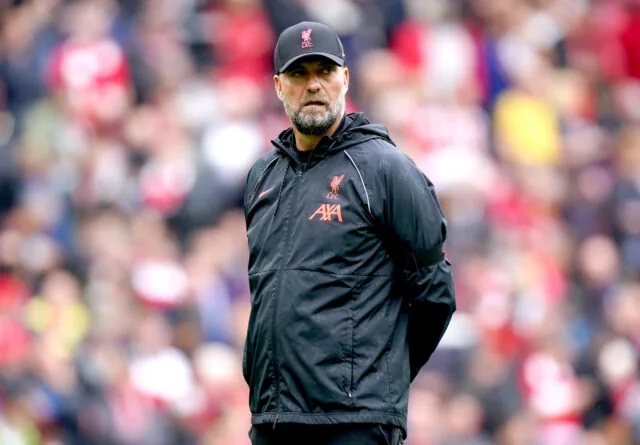It’s very common to see managers sacked around Europe when short term goals are not accomplished. Some leagues offer a bigger margin for the managers to recover, sometimes months, a whole season or even two, but in others, like the Premier League, five matches without a win could be enough to get the sack.
We can argue that changing manager repeatedly doesn’t have any impact in the club’s long run and maybe the arriving manager is going to be sacked again soon, like happened with Roberto di Matteo at Chelsea, Tim Sherwood at Spurs, or more recently Craig Shakesperare at Leicester City. That’s a fact, but it’s a fact too that when you need so badly a change in the dressing room, owners and club directors are right in looking only to the present time.
The recent turn in the form of Leicester after Claude Puel’s arrival, the change Real Madrid experimented when Rafael Benítez was sacked and Zinedine Zidane was named coach, and the first victory Borussia Dortmund got after nine matches following Peter Bosz departure demonstrate there is a point in not hesitating too much when making the decision.
The biggest change that occurs when a manager is replaced is not tactical, but motivational. All the players want to perform at their best to be regular starters under the new gaffer and that completely changes the squad’s dynamic. This also proves that football has a huge psychological aspect, perhaps even bigger than tactical.
Sadly (or not), for the football in general, long term planning is no longer a part of this sport and the mind frame of owners, directors and managers focuses in achieving goals short term and then repeat the cycle after two or three seasons.
The pressure for winning titles, avoiding relegation and being competitive in a world that not only watches football, but also uses it as a big instrument of revenue, has changed the game forever. In the Premier League this transformation has triplicated its speed over a decade by the raising amount of foreign owners that don’t pursue the same goals of the historical local businessmen that once owned British clubs.
If we understand that clubs’ needs right now are very different to those that existed half century ago, then in most of the cases we will then understand why replacing the manager is the right solution.
No matter how good the team has done it in previous seasons with the same boss, in a small club no manager has the absolute power of avoiding relegation in every season. So when a Bournemouth or a Burnley is heading the Championship very dangerously are we wrong in saying goodbye to Eddie Howe or Sean Dyche?
Not at all. They did their job very well for a number of seasons, but football is not an exact science and somehow it’s out of the managers’ hands keeping the same performance that made their teams to practice exciting football and survive.
Feature by Alejandro Pérez, author of the book “More than 90 minutes”, available here: http://amzn.to/2o0jsSD.
Add Sportslens to your Google News Feed!







